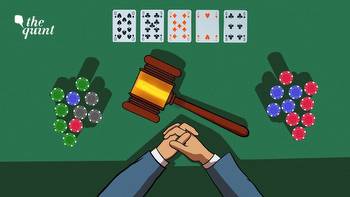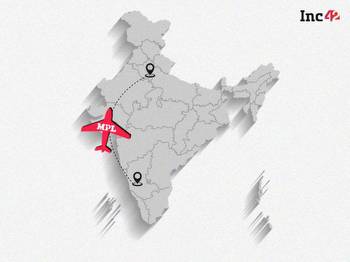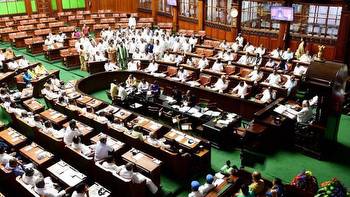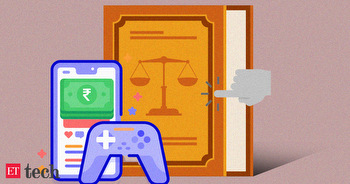
Confederation of All India Traders (CAIT), the powerful trade body that represents 8 crore traders and over 40,000 trade associations, said that a proposed bill in the
Karnataka assembly to ban online gaming will hurt the Indian startup sector, the Indian gaming and animation industry and millions of Indian gamers and e-sports players.
The Karnataka Police (Amendment) Bill, 2021 was tabled in the Karnataka assembly on September 17. The bill is expected to be discussed in the Karnataka legislative assembly this week. While this bill proposes to ban online gambling, the bill has also introduced a clause that will ban all online games of skill. This will affect Indian startups like Dream11, Nazara, MPL, Games 24x7 and PayTM First Games. According to the data platform Tracxn, there are 623 gaming startups in India.
Praveen Khandelwal, the National Secretary General of CAIT, wrote a letter addressed to Chief Minister Basavaraj Bommai. Khandelwal wrote, “Unfortunately, the bill does not distinguish between a game of skill and a game of chance. Game of chance is pure gambling and should be rightfully banned. However, by including games of skill in the ambit of the bill, it has not only gone against established jurisprudence but threatens the thriving Indian gaming startup sector.”
“The gaming startup sector is the pride of India. Many of these homegrown startups have carried the Indian flag across the world by launching operations in various countries. Bills such as these will end up stifling innovation and enterprise shown by these startups and discourage Indian developers and help Chinese and other foreign companies profit at India’s expense,” he wrote to the Chief Minister.CAIT has also said that this bill will end up encouraging illegal offshore gambling and betting apps who operate in the online grey market. It may be noted that thousands of common Indians have lost their live’s savings to these illegal casino apps. In August, 2020, the Hyderabad police had busted an online gambling racket involving a Chinese firm called Beijing T Power Company. This Chinese company had floated several online gambling platforms and done illegal transactions worth Rs 1100 crore.“Once the bill bans online skill gaming, law-abiding Indian companies will exit the market and users will turn to harmful offshore betting apps,” Khandelwal wrote.CAIT also batted for a “strong and stable regulatory mechanism for online skill games” and requested the Karnataka government to take another look at the bill, keeping in mind the interests of Indian companies and developers.
 Confederation of All India Traders (CAIT), the powerful trade body that represents 8 crore traders and over 40,000 trade associations, said that a proposed bill in the
Confederation of All India Traders (CAIT), the powerful trade body that represents 8 crore traders and over 40,000 trade associations, said that a proposed bill in the 






































